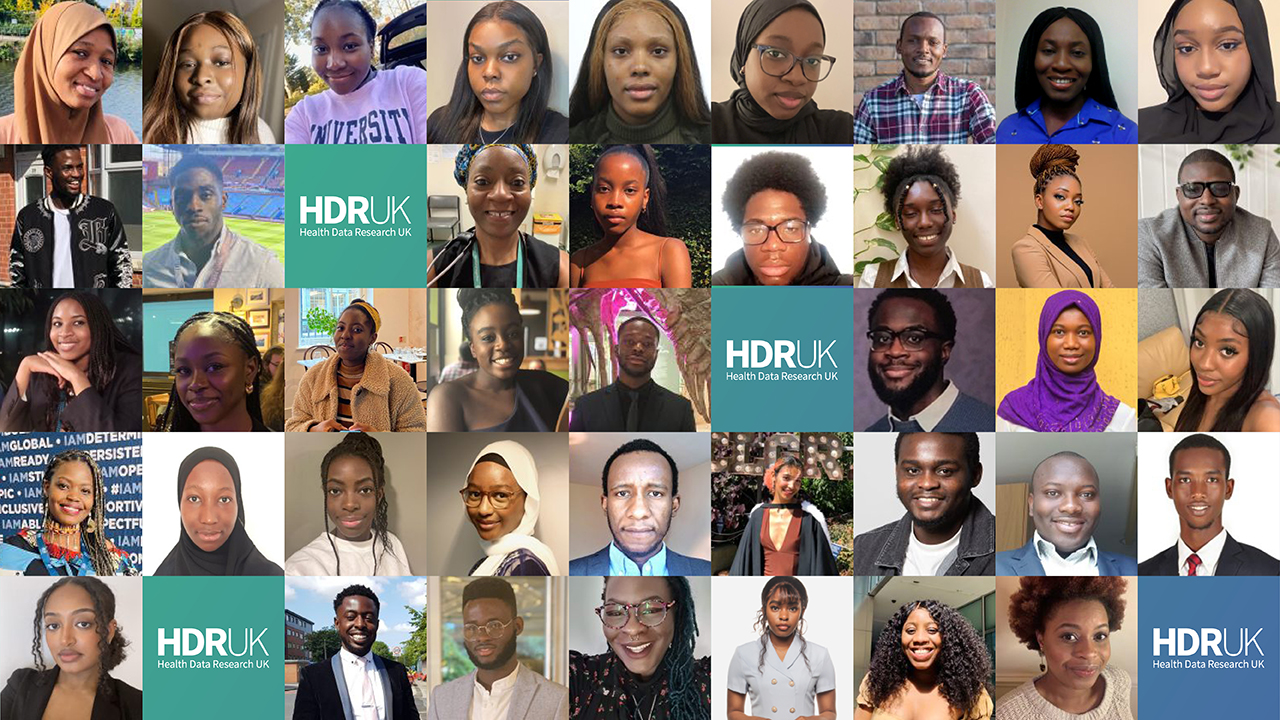COVID-19 is a disease with vast impact, yet much remains unclear about patient outcomes due to the enormous range of patient experiences.

Health Data Research UK (HDR UK) PhD students, Emma Whitfield (UCL) and Claire Coffey (Cambridge) worked with Dr Honghan Wu (UCL), an HDR UK Rutherford Fellow, as part of an HDR UK first year short project to devise ways to better understand why people experienced different types of COVID-19 outcomes.
They developed two approaches to analysing health data that considered ‘axes’ of prognosis to group data and showed how these grouping can help predict a patient’s deterioration. They used data gathered from cohort from Wuhan in early 2020 and discover interesting subgroups of poor prognosis, particularly within respiratory patients, and predict respiratory subgroup membership with high accuracy.
Their work could assist clinicians in identifying appropriate treatments at patients’ hospital admission. Moreover, their methods could be used to explore subtypes of ‘long COVID’ and other diseases with heterogeneous outcomes.

Professor Yau commented: “It is beyond my expectations that first-year PhD students on this programme could produce work arising from short projects that will be presented at a major international health informatics conference. The fact that Emma and Claire completed this project remotely under lockdown conditions makes it even more impressive. I am grateful to Honghan Wu at UCL for supporting their work and supervision of this project.”
The research paper is available on medRxiv and has been accepted for presentation at the American Medical Informatics Association (AMIA) Conference in November 2021.
HDR UK Researchers Involved:
- Claire Coffey, University of Cambridge
- Emma Whitfield, University College London
- Dr Honghan Wu, University College London



